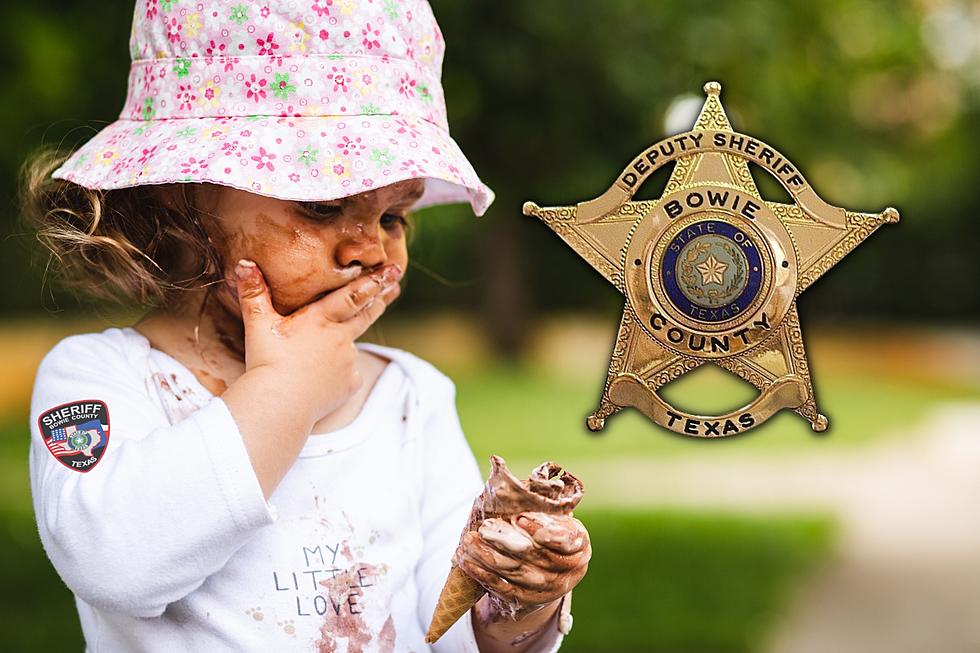
Sorry, Your NCAA March Madness Office Pool Is Still Illegal
I'm not trying to rat you out here, but you should know it's still illegal to enter a March Madness pool at work.
As the NCAA men's basketball tournament fires up, so do the amount of people filling out brackets and paying up to enter a pool with their fellow employees.
It's tempting. Who wouldn't want to take money from that lady across the hall who always microwaves last night's fish for lunch?
What Makes An Illegal March Madness Pool?
There are sports betting commercials and ads everywhere you turn nowadays. It's only amplified when you're watching live sports.
Unfortunately, that doesn't change the fact that March Madness pools, more often than not, are illegal.
The National Law Review outlined three federal gambling laws that prevent the pools from happening. Many states also have their own laws as well.
READ MORE: Kids Step Up To 'Rescue' Shaq From Three Feet Of Water
So how do so many people get away with it if there's this many laws to prevent it?
The National Law Review chalks it up to March Madness pools being a "culturally accepted form of gambling" that makes law enforcement be less interested in enforcing. In other words, they have better stuff to do with their time.
Does Anyone Get In Trouble For Running March Madness Pools?
While entering a NCAA tournament pool may seem tempting, there actually have been some that have led to court cases.
A report from Forbes on the issue noted that most cases center around the person who is collecting the money to enter the pool. Issues have come up with this person collecting an "operating fee" or not fully paying out to the contest winners.
The lack of enforcement likely makes the decision to enter a March Madness pool a little easier. Maybe you should let someone else handle the money and collect the brackets.
Just make sure they're not a jerk who keeps some of the cash.
LOOK: Baby names that are illegal around the world
Gallery Credit: Annalise Mantz
LOOK: Here are the pets banned in each state
Gallery Credit: Elena Kadvany
More From Kicker 102.5








